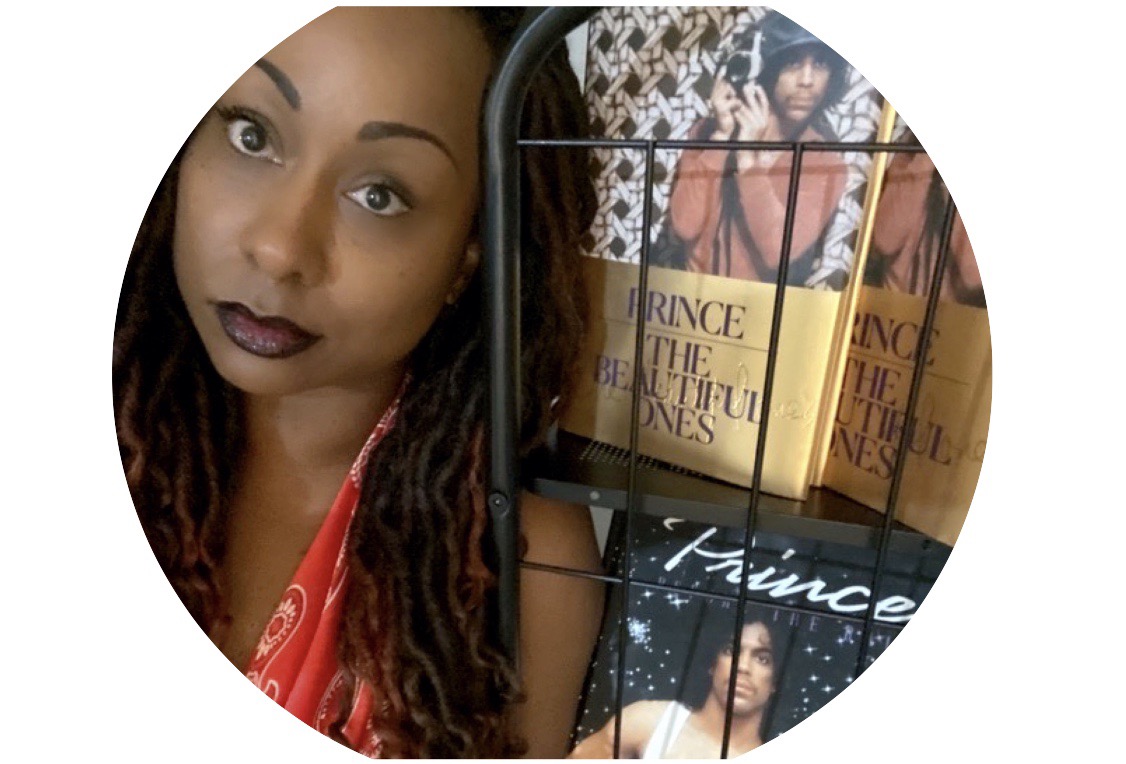Baby ... Let’s Go Crazy: Mom of Dancing Baby Prince Fans takes claim to the Supreme Court
- Violet Brown, Esq.

- Jan 17, 2019
- 3 min read
Less than a minute of babies dancing to Let’s Go Crazy is adorable and harmless, yes? Well, no, at least not according to Universal Music Publishing Group (“Universal”). In 2007 Stephanie Lenz posted video on YouTube of her babies dancing to Let’s Go Crazy by Prince.* At that time, Universal was the publishing company that enforced rights for his music. YouTube received a “takedown notice” from Universal and removed Ms. Lenz’s video. Ms. Lenz responded with notifications requesting to have her video reinstated, then filed a lawsuit under the Digital Millennium Copyright Act (“DMCA”) alleging misrepresentation in the takedown notice.[1]
The Online Copyright Infringement Liability Limitation Action portion of the DMCA provides that among other things, takedown notices meet certain requirements, one of those being that rights holders are required to have a good faith belief that the material was unauthorized by law. Additionally, under this section, entities that abuse the DMCA by knowingly or intentionally misrepresenting that activity is infringing or that the material was removed/disabled by mistake or misidentification shall be liable for damages. [2]
The ultimate issue here is the good faith belief that the use is unauthorized. Quite often, and now, especially, publishing companies are forcing removal of any and all material, it would seem with no consideration at all to whether or not the use truly infringes. Central to this issue is what has been long been accepted as an affirmative defense (activity normally considered unlawful excused under certain circumstances), but is now being looked at as a right, fair use. The court in this case opined that fair use evolved from an excused infringement to a right under the 1976 Copyright Act.[3] Under the DMCA, entities, in their good faith belief that the use is unauthorized must consider fair use. You may be wondering fair use means.
The 1976 Copyright Act lays out the factors to be considered regarding fair use as
(1) The purpose and character of your use (Are you just out to make a buck off someone else’s work? Or trying to educate?)
(2) The nature of the copyrighted work (Are you stealing others original work because you lack your own talent? Or sharing factual info for the spread of free ideas?)
(3) The amount and substantiality of the portion taken (How much of their idea did you take? Greedy much?), and
(4) The effect of the use upon the potential market (Are you hurting the rights holder economically? Causing damage to the brand?) .[4]
Interestingly, though the court held that fair use is a right, it also stuck with the idea that the burden of proof lie with the party asserting the right as with some affirmative defenses. The court also held that the right-holding entity need only to have a subjective belief that the use is unauthorized, thus leaving the options of computer-generated searches for matching content to remove open, thus, your videos being suddenly blocked on social media after long periods of being posted. So where does this leave us? (Us being those who sincerely want the world to know about Prince, his music, and what he stood for, who share snippets of his work with the world in the hope of encouraging others to learn more about him). Do we have a duty to hold the publishing companies’ feet to the fire? We watched as rights were bought and sold for the use of the very same song, Let’s Go Crazy, in a credit card commercial.
Sigh. So we now live in a world where education, commentary, research, and review of art are punished and the almighty dollar/selling to the highest bidder rules the day? To a certain extent the logical side of me sees the need for funds so that the estate is not seized due to outstanding debt. At the same time, the artist for discussion here is one who walked away from the “Slave Trade” in order to be free to control the rights to and use of his music despite the financial burden. I can also imagine certain things being done now that he has transitioned that were not necessary before. All I can do is continue to invest my own time money, and energy into celebrating him and spreading the word to the best of my abilities in an honorable manner (no profit, no garbage). What will you do?
Note: Ms. Lenz took her claim all the way to the Supreme Court … where she was ultimately denied.
Much Love 2 u,
Violet
@violetesq
@violetbinteractive
Always on Our Minds ~ Forever in Our Hearts
*Prince and The Revolution, Let's Go Crazy, Purple Rain, Warner Bros., 1984.
[1] Lenz. V. Universal Music Group, 801 F.3d 1126 (9th Cir. 2015), 17 U.S. C. § 512(f).
[2] See 17 U.S. C. § 512.
[3] See Id.
[4] 17 U.S.C. § 107.













Comments